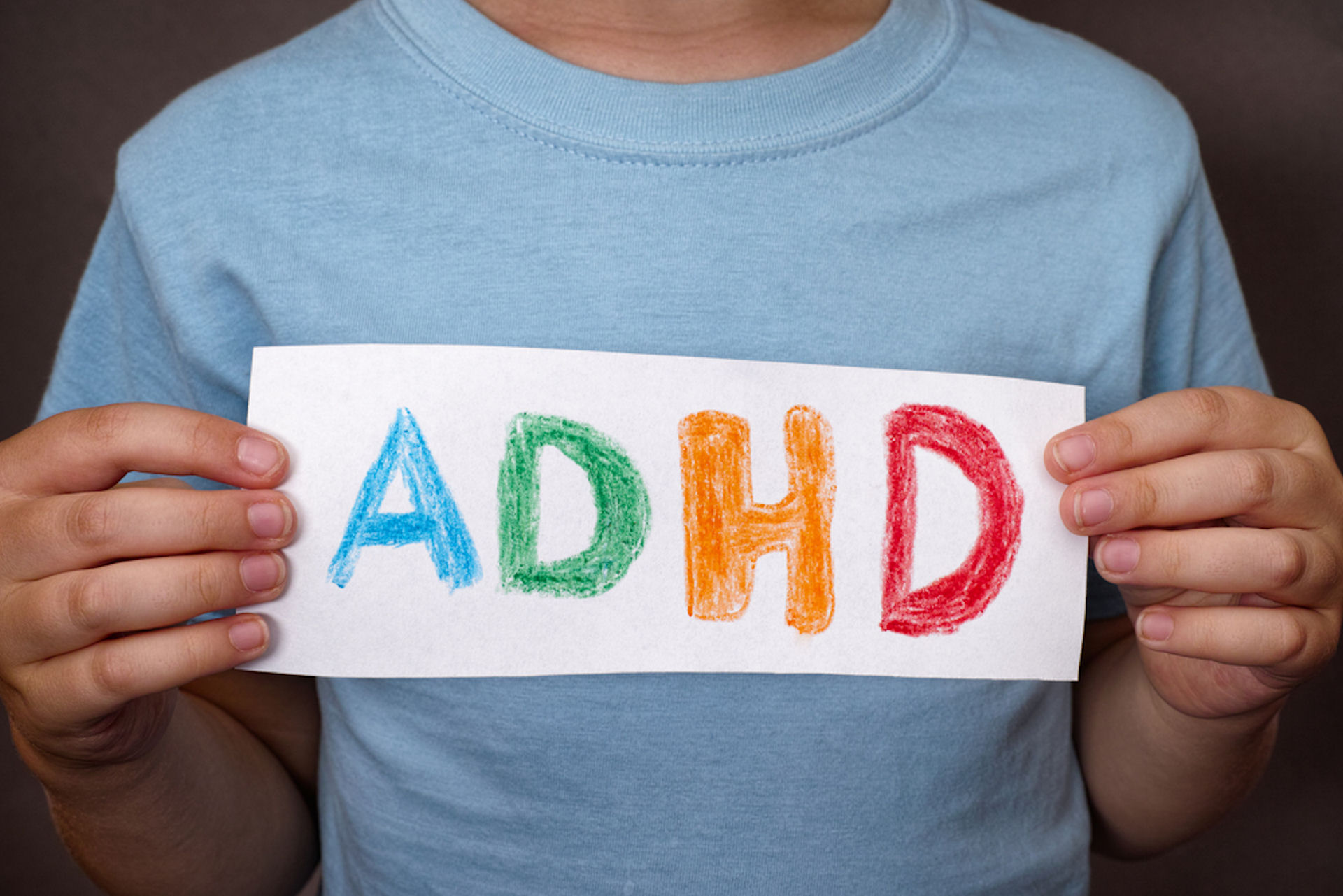ADHD in teens and young adults is often more difficult to handle at a young age than it is later in life. That’s because they’re still growing mentally, physically, and maturity-wise during these vital developmental stages of life. This makes it difficult to focus on daily tasks such as homework, studies, and work duties and responsibilities. Thankfully, there are professional tools and therapeutic programs for young adults struggling with ADHD overcome these difficulties. Here is all you need to know about treatments, symptoms, and more information about ADHD in teens, adolescents, and young adults.
What Exactly is ADHD?
ADHD, or Attention Deficit Hyperactivity Disorder, is a neurodevelopmental disease defined by the inability to remain focused or attentive. These attentive or focus-based incapabilities can be toward people or performing task-based duties. People with ADHD have tremendous difficulty completing singular tasks or heeding simple directions. This can make matters especially difficult in school or work environments that require duty-specific instructions and studies. Seek clinical assessments for mental health if you think you or a loved one may have ADHD.
What Are Common ADHD and ADD Symptoms in Teens?

The good news about ADHD and ADD symptoms in teens is they’re often easy to spot. While lacking focus and attention span is common in teens to a certain degree, numerous symptoms speak of a deeper problem. Bear in mind, these symptoms vary on a case-by-case basis. However, each of them is a very telling indicator of likely ADHD and ADD side effects. Here are just a few of the most common symptoms of Attention Deficit and Hyperactivity Disorders.
Starting Several Unfinished Tasks at Once
Many people with attention deficit hyperactivity disorder have an emphasis on hyperactivity. This means they proactively set out to do several tasks, but struggle to finish them. This is mainly due to the fact that they unintentionally overwhelm themselves and struggle to prioritize. Therefore, an ADHD individual may have the determination and intention of finishing the tasks they start, but struggle to complete them.
Perpetual Forgetfulness
We all forget things from time to time. However, forgetting the same things on a frequent basis is a common theme of ADHD in teens and young adults. This symptom, though often frustrating, is very treatable given the proper training techniques. Speak to a therapy specialist if you struggle maintaining schedules and common recollections.
Disorganization
Almost all people with ADHD and ADD struggle most with their organizational skills. This trickles down into every aspect of their life, including the prior points of forgetfulness, task prioritization, and other organization impediments. This symptom of ADHD in teens can be drastically improved and even overcome with the proper professional training tools.
Poor Homework or Study Habits
As alluded to earlier, poor homework and study habits such as turning in homework assignments on time or not at all. Furthermore, ADHD in teens manifests itself in little or no study habits whatsoever. This includes cramming the night before a test. These poor school habits often result in poor grades. Correlatively, these poor grades may be a direct side effect of your child’s ADHD symptoms.
Social Awkwardness or Lack of Social Confidence
Many teens with ADHD are uncomfortable in large social environments and lack the confidence to speak up in such circumstances. This often means the individual will seclude themselves from the crowd or avoid social gatherings entirely. Innercept will help you find yourself and your social confidence to rise above your ADHD symptoms.
How Do You Deal with ADHD in Teens and Adolescents?
While being a parent of an ADHD teen can be difficult to manage, it’s important to understand it’s that much harder on your child. Operating under this mentality is the greatest aid to properly executing the tips to be mentioned. Here’s how to effectively handle an adolescent, teen, or young adult with ADHD.
Be Patient with Them
This goes hand in hand with being understanding of your child’s difficulties and ADHD struggles. Accept the fact that you may have to repeat yourself and continually help them refocus, but doing so with a happy and patient spirit is vital. When you’re patient with a child who’s struggling with ADHD symptoms, you’ll often get the most out of them. If you become irritated or impatient in response to their struggles, they may shut you out of their life entirely. Exhibiting patience encourages them to be comfortable opening up to you.
Acknowledge Effort and Achievements
It’s important to take notice of your child’s effort in every way. This means praising them for any achievements or progress no matter how small, especially if it is important to them. Failure to do so could easily discourage them from exhibiting any effort at all in the future. Contrarily, taking notice of their effort will encourage them to continue trying. Bear in mind, this tip requires you to be very active and aware of your child’s school homework, test, and overall activity schedules. Remember, your responses to your child’s effort make all the difference in the world, whether they say it or not.
Proactively Help Them Overcome Their Symptoms and Distractions
The truth is, a teen struggling with ADHD needs you to go the extra mile in helping them. That covers a wide range of parental responsibilities. That means reminding them of their homework or upcoming tests, perhaps even repetitively. Again, that also means being aware of their homework, upcoming tests, and other school responsibilities. This would require having open communication with their teachers.
Offer your help and let them know you’re there for them. Use proper discretion to avoid annoying or frustrating them by coming across as nagging. It’s often not what you say that matters, but how you say it that makes all the difference in the world. This includes being their aid, reminder, and problem solver in a loving, calm, and mild-mannered tone. Do so not in a “babying” manner, but a caring one. Every child is different and nobody knows what helps them be receptive to your instruction better than you. Utilize that knowledge in helping them overcome their distractions.
How Does Innercept Help Treat ADHD in Teens?
Innercept personalizes treatment by getting to know you and formulating individualized tools to help you reach your greatest potential. This means equipping you with tools that help you independently overcome your ADD and ADHD symptoms. Here are some specific ways Innercept helps you take control of your symptoms through our mental health residential programs for young adults
Character Building
Character is who you are when nobody’s watching or there to keep you accountable. Our team of highly-trained experts helps instill new productive habits by teaching them the importance of personal character. Many parents report tremendous changes in their children through the various exercises implemented through the character-building process. Your adolescent or teen could be one of the many to find their determination to overcome ADHD with a newfound sense of responsibility.
Mental Training Exercises
The purpose of professional mental training is to implement a new positive outlook. Many with ADHD struggle with negative thoughts, thus requiring a new mindset. Innercept gets to the root of that negative struggle by helping teens and young adults reinforce a positive mindset. Exercising the mind in such a way, in turn, helps them continually refocus themselves. You’d be surprised how we all could benefit from learning how to think positively no matter what life throws our way.
Full-Spectrum Support
Parents often understand their child needs all the support they can get, but don’t know exactly how to give it when it comes to ADHD. That’s where the vital help of certified therapists comes in. We are there around the clock to provide the physical, emotional, and mental support they need from a professional standpoint. Our Certified therapists are specially trained to be the full-spectrum support they need to overcome their hurdles through proven methods. In addition, they’ll be surrounded by like-minded people they can relate with to help them find their inner strength.
Physical Exercise
Physical Exercise is equally important for the mind and body when it comes to all-around health benefits. In fact, this in itself is proven to be a successful standalone therapy solution for many mental health struggles. Physical exercise is widely known to strengthen and reproduce new brain cells. This stimulating brain activity in conjunction with the accelerated release of dopamine produces positive thinking and natural motivation.
Volunteer Projects
The most detrimental aspect of any mental health struggle is the self-loathing and discouragement that come along with these conditions. Getting stuck in these ruts tends to lead to social detachment, thus getting stuck in a lonely negative thought cycle.
The purpose of our volunteer programs is to change these negative mental trends by helping them help others. By helping others they begin to see the true impact their initiatives have on the environment and their world.
Let Innercept Help You Find Your Inner Strength

ADHD in teens is a difficult path to self-discovery that often leaves them feeling weak. Innercept can be your key to self-discovery and help you find the strength you never knew you had to overcome your symptoms. The start to finding your inner strength starts with Innercept. Reach out to a caring treatment specialist today to begin your journey to a better life.

